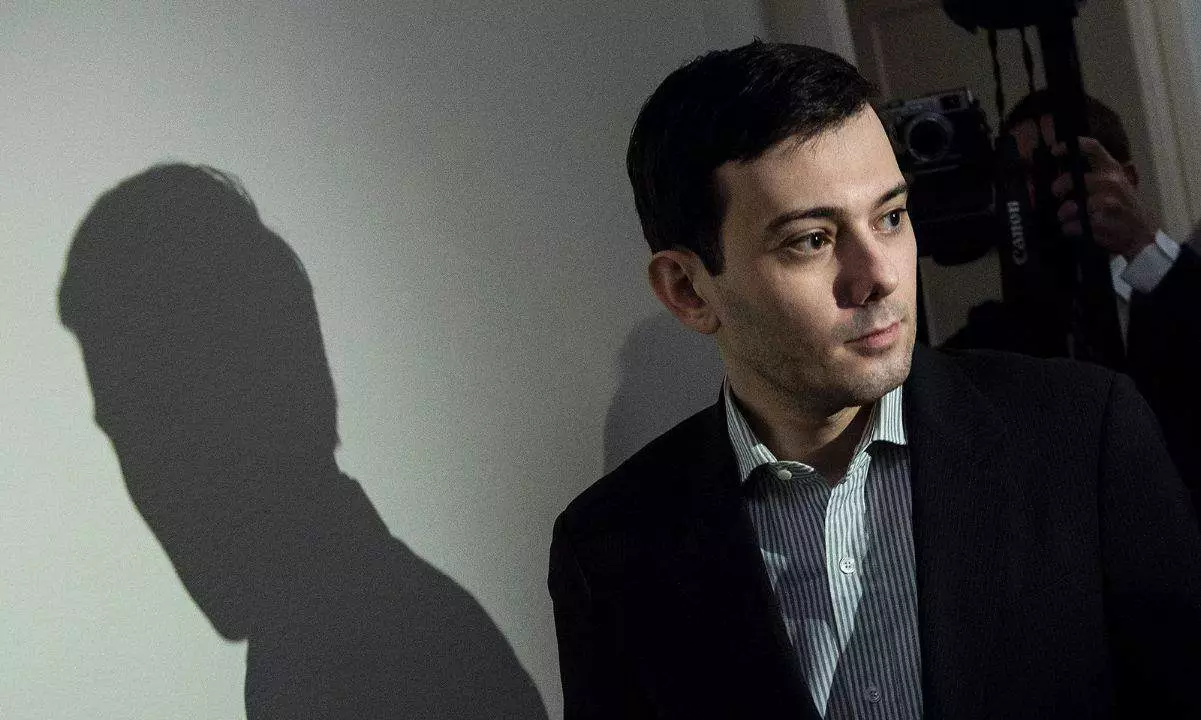The ongoing legal tussle between Martin Shkreli, the controversial American investor and ex-pharmaceutical executive, and the NFT collective PleasrDAO has taken a dramatic turn. Central to this saga is the elusive one-of-a-kind album, “Once Upon a Time in Shaolin,” by the legendary Wu-Tang Clan. What began as a simple transaction in 2015 has evolved into a multi-faceted legal struggle, highlighting intricate issues surrounding copyright, ownership, and the digital future of music.
In 2015, Shkreli’s acquisition of “Once Upon a Time in Shaolin” for $2 million marked a pivotal moment in the intersection of modern investment culture and music. The album’s contract stipulated that this rare piece could not be released to the public until 2103, thus preserving its mystique and value. Shkreli’s initial purchase captured the imagination of the public and collectors alike, awakening debates over ownership in an age where digital autonomy often trumps artistic integrity. However, the music world was yet to see the chaos that would unfold in the years following this historic sale.
The tide turned when authorities seized the unique recording in 2018 due to Shkreli’s arrest on multiple fraud charges relating to his pharmaceutical company Retrophin Inc. The legal repercussions of his actions not only included a seven-year prison sentence and hefty fines but also led to significant attention on the album’s status. Subsequently, the album was put up for sale to address Shkreli’s debts, which opened the door for PleasrDAO—a group focused on the digital ownership of art and music—to purchase it for $4.75 million in July 2021.
PleasrDAO’s purchase raised vital questions about the richness of ownership rights amidst modern technology and evolving formats like NFTs. The NFT collective intended to mint the album as a non-fungible token, effectively branding it as both a digital art piece and a historical artifact of hip-hop culture. Yet the matter became complicated when Shkreli began to publicly play the album and claim to hold copies, igniting a dispute over whether his purchase agreement allowed him to retain any rights over the music.
The Lawsuit Unfolds
On June 10, 2024, PleasrDAO filed a lawsuit against Shkreli, demanding the court side with them against claims of copyright infringement and illegal duplication of the album. They argued that Shkreli’s actions directly undermined the market value of the album, which stands as a symbol of artistic rarity. Shkreli, in response, sought dismissal of the allegations, reasoning that they were preempted by the Copyright Act. He is adamant that his purchase granted him 50% ownership of the album’s copyright despite the sale.
The legal arguments are not merely academic; they expose the fissures in how digital ownership is legally regarded. Following this possible infringement, a judge ordered Shkreli to relinquish all copies of the album and confirm their absence through a signed affidavit. However, PleasrDAO expressed frustration at their belief that Shkreli had not fully complied, indicating the significant gap between expectations of legal compliance and actual follow-through in a digital age.
Shkreli’s Provocative Maneuvers
Shkreli’s provocative public persona has inflamed tensions. He plays the album on social platforms while treating the ownership debate as a game. This behavior not only exacerbates PleasrDAO’s grievances but also raises questions about how one individual’s contentious antics can disrupt collective ownership rights within a community-focused NFT culture. The legal maneuvers surrounding this case reflect a larger cultural conversation about competent digital governance and the inherent challenges of asserting ownership in an ever-evolving technological landscape.
Ultimately, the saga of Martin Shkreli and the Wu-Tang Clan’s “Once Upon a Time in Shaolin” transcends the legality of ownership—it symbolizes the ongoing struggle for artistic integrity within the complex interplay of modernity, technology, and commerce. As artists and collectors navigate these uncharted waters, the outcome of this case could set significant precedents for the future of music and digital rights. The fate of a single album thus rests not only on legal principles but also on meaningful discussions surrounding cultural heritage and the ethics of ownership in a digital epoch.

